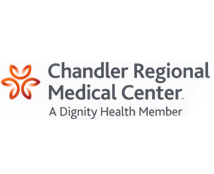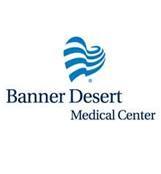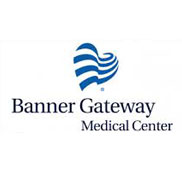Early Detection of Atherosclerosis – info from a Cardiologist Mesa AZ
Atherosclerosis involves the waxy and fatty accumulation of fats and cholesterol on the artery walls. The fatty deposits are most often referred to as plaques. The build up of this substance causes the arteries to harden, become narrow and less flexible. When the arteries are more narrow and hard, blood flow can be restricted.
In severe cases of atherosclerosis, the plaque can burst or cause a tear in the artery. When this occurs a risk for developing a blood clot is increased, often leading to other medical problems, such as stroke. Atherosclerosis is treatable and can be prevented with early detection.
Early Detection Signs
During a physical examination your Phoenix cardiologist may find signs of narrowed or enlarged arteries. Hardened arteries can be determined while checking blood pressure and pulse.
- A whooshing sound can be heard through a stethoscope when placed near the arteries
- A weak or absent pulse rate may indicate a problem
- In one of the affected limbs there may be decreased blood pressure
- A pulsating bulge in the stomach region may indicate an aneurysm (these may also occur just behind the knee)
- A visible wound that does not heal properly
Diagnostic Tests
If your cardiologist in Arizona suspects atherosclerosis, further diagnostic tests will be required:
- Blood tests
A blood test can reveal increased levels of blood sugar and cholesterol, both of which increase the risk for atherosclerosis. You may need to fast prior to this test and your doctor will provide detailed instructions ahead of time.
- Doppler ultrasound
An ultrasound specifically designed to measure the blood pressure along various points of the arms and legs is known as the Doppler test or Doppler ultrasound. Your doctor can determine if there is a clot and the location of the clot through this test.
- Stress test
This activity test helps your doctor gather information about how your heart works during activity. The patient is asked to walk on a treadmill or use bike while the heart rhythm and blood pressure is monitored. If the patient is unable to exercise, medication may be administered. The medication mimics the same effect that exercise or activity has on the heart.
- Electrocardiogram (ECG)
Electrical signals traveling through the heart can be recorded through the use of an ECG. Previous evidence of a heart attack and signs of stroke may be picked up through the ECG test. The patient may be asked to undergo physical activity or exercise while being monitored with the ECG.
AZ Heart Doctor offers a Double Board Certified cardiologist Mesa AZ and the East Valley trusts and respects. Dr. Batres is highly skilled and compassionate, offering individualized care to his patients. Most insurance is accepted.
Call (480) 300-4646 today!












Leave a Reply